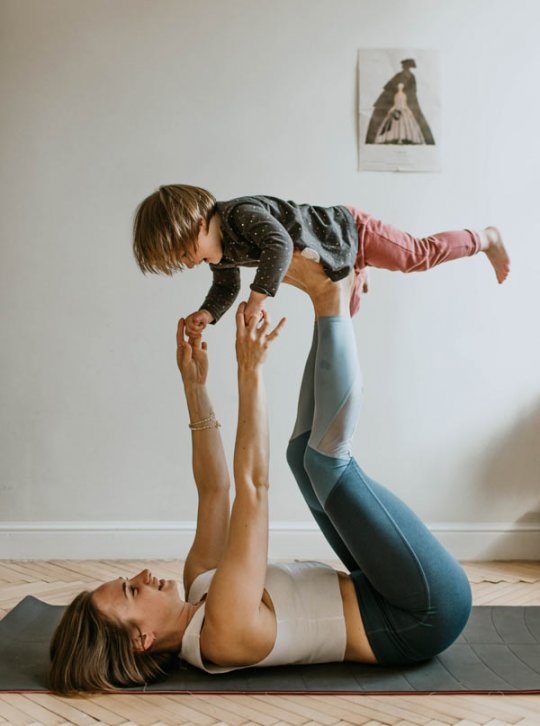Peoples are constantly evaluating how we look. We compare ourselves with standards promoted in the media, once again we become dissatisfied with ourselves or feel relieved and proud that we don’t deviate from them. It was once done by Barbie dolls and models. Today influencers, due to Photoshop, are able to smooth out the deepest wrinkles and flatten every stomach and shape our image of what we should look like. Do we give in to it and let them rule our bodies? Or maybe we will become able to defend our autonomy?
A fit body, a healthy spirit
Being ourselves refers not only to our consciousness, but also to the form in which it is enclosed i.e. the body. It’s a home where life processes take place. The question is how well we feel in it and how much the way it works affects our overall condition. We treat the body as a tool. It takes us to different places, provides us with sensations and information and helps us achieve our goals. Consider how much its appearance and efficiency affect our capabilities in this area.
Body and freedom
Health, age, skin colour and gender. To what extent can these and other physical characteristics affect our freedom? We encourage you to talk and reflect on how many things, often beyond our control, limit or strengthen our freedom. The inspiration for raising this subject was a documentary entitled “Domino Effect. Sumba” showing the impact of a disease (malaria) on the lives of the inhabitants of the Indonesian island of Sumba. This scenario may be an inspiration for interesting conversations and activities.


